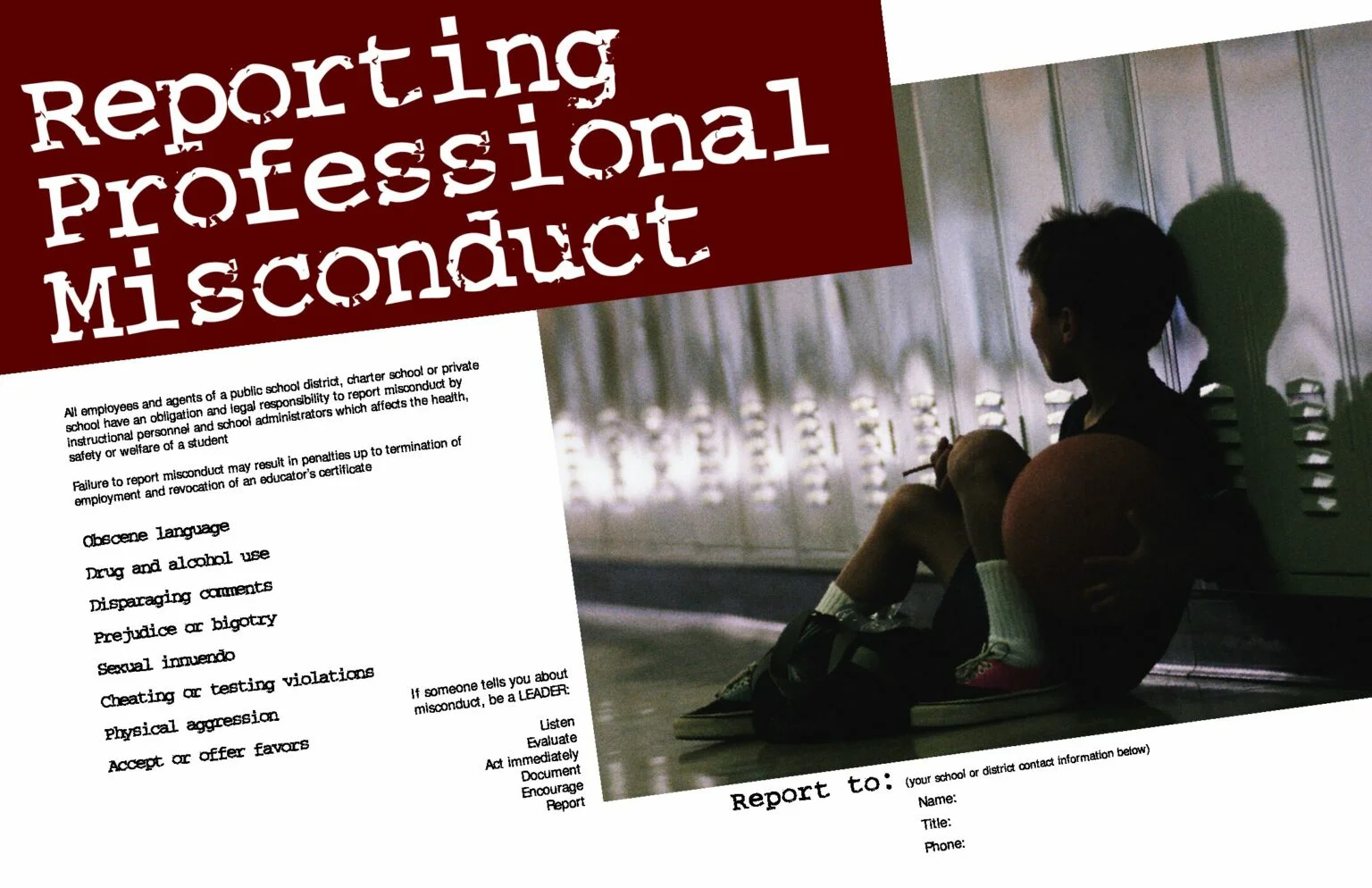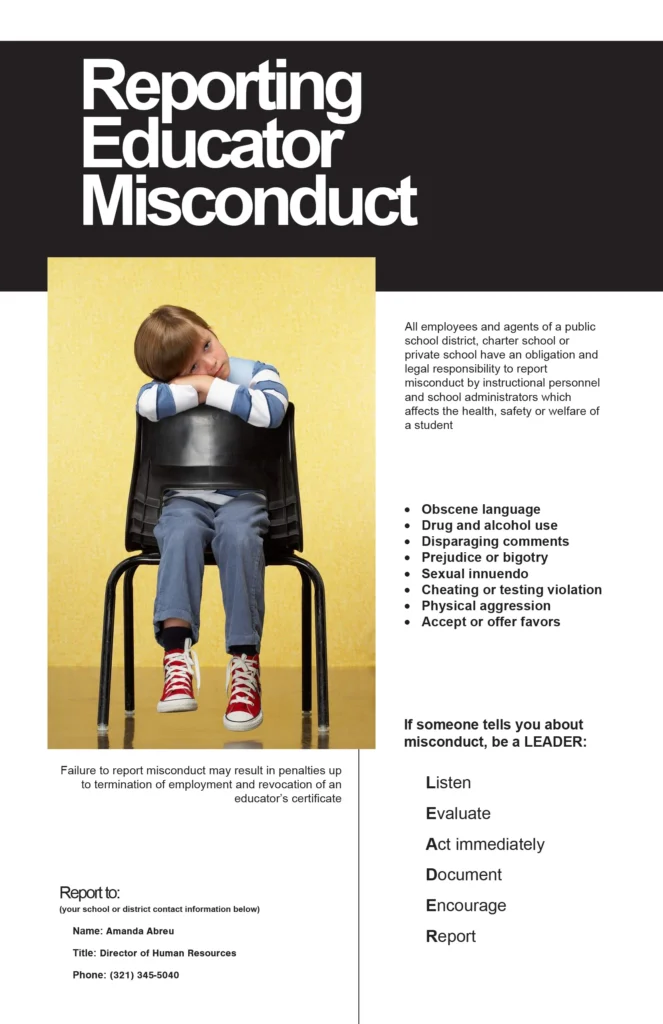
Compliance Statement
Puzzle Box Academy (PBA) shall comply fully with the nondiscrimination provisions of all federal and state laws by assuring that no person shall be denied admission to PBA or be denied participation in, be denied the benefits of or be discriminated against in any curricular, co-curricular, pupil services, recreational or other program or activity because of the person’s gender, race, religion, national origin, ancestry, creed, pregnancy, marital or parental status, sexual orientation or physical, mental, emotional or learning disability.
Discrimination Policy
PBA is firmly committed to an educational environment free from discrimination and harassment and maintains Pupil Nondiscrimination and Anti-Harassment Policies. Questions concerning the interpretation or application of policies shall be referred to the principal or assistant principal, Puzzle Box Academy, 125 E NASA Blvd, Melbourne, FL 32907, 321-345-4232.
Parental Validation of Physical/Mental Impairment
Parents are required to produce validation of a child’s physical or mental impairment when the impairment is beyond the parameters of assessments/evaluations that can legally be performed by public school personnel (i.e., medical evaluation(s), psychological evaluations, etc.) 34C.F.R. §104.35. A medical diagnosis of an illness does not automatically mean a student can receive services under Section 504, just as an impairment is not a disability. The illness and/or impairment must substantially limit one or more life activities, as determined by a Section 504 team, to be considered a disability under Section 504.
A parentally-placed private school student with a disability does not have an individual right to receive some or all of the special education and related services that some or all of the special education and associated services would receive if enrolled in a public school under the Individuals with Disabilities Act (I.D.E.A.).
P.B.A. can accommodate the unique needs of most children and will do so whenever feasible. In those situations, we will work with the parent(s)/guardian(s) to develop a partnership with those parent(s)/guardian(s), teachers, and support professionals to determine the best way to help the child be successful in our setting. We work with our clinical patterns to offer eligible students applied behavioral analysis (A.B.A.) services. We also allow third-party therapists, including but not limited to speech, occupational, A.B.A., and physical therapists arranged by the parent(s)/guardian(s) and at their or their insurance’s expense to provide service at P.B.A.’s discretion so long as they can pass background checks for the safety of our students. In addition, support professionals are welcome to conduct periodic observations of children during the school day. Sessions and observations need to be scheduled with the school director and teachers.
Parents must sign a permission form for support professionals to communicate with the school staff. Our administrators will keep that permission form in the student’s file for enrollment, and it may be updated at the parent(s)/guardian(s) request.
Please ask our school director for additional questions regarding students with differing needs.
The policy must specifically mention a requirement for employee training on the ethical conduct standards. It must also contain the duty of school staff to report alleged employee or administrator misconduct that affects the health, safety, or welfare of a student and the procedures for reporting alleged employee or administrator misconduct.
Once it is suspected or known that abuse is occurring, a report must be made to the Florida DCF Abuse Hotline within 48 hours. There are four methods of contact; please note that the preferred method of contact is by telephone. If you are unable to get through immediately, stay on the line. If it is an emergency and you cannot wait, call 911. Modes of contact are:
1-800-96-ABUSE (1-800-962-2873)
By Telephone
1-800-914-0004
By Fax
http://www.state.fl.us/cf_web
Web Reporting
Abuse represents an action against a child. It is an act of commission and is characterized in three categories:
Abuse represents an action against a child. It is an act of commission and is characterized in three categories:
